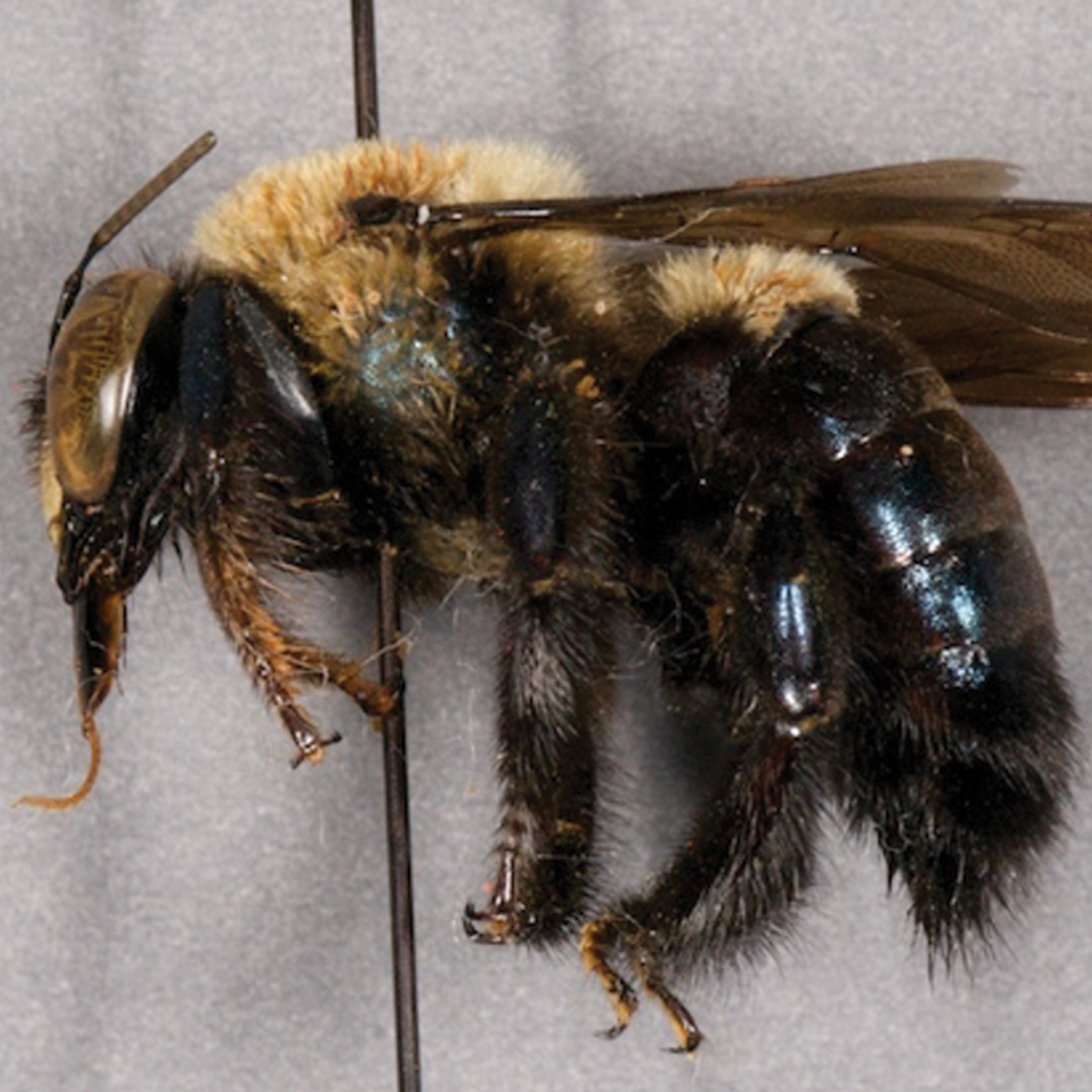About the Official Texas WDI Inspection Report
Before You Buy, Get A WDI!

After your professional WDI inspection, you'll receive an official Texas Department of Agriculture WDI Inspection Report within 24 hours. This report includes:
- Scope of inspection
- Property address
- Identification of inaccessible areas
- Conditions conducive to wood-destroying insects
- Evidence of past or active infestations
- Indications of previous termite treatments
Note: This report is not a structural damage report but identifies evidence of termite or WDI activity that may require further evaluation and correction.
About Wood Destroying Insects in Houston, TX
Termites alone accounted for three times as much biomass as humans.
If the weight of all the individuals in one species were added up, what species would come out as having the highest biomass? And would this would be the most accurate way to measure a species' "success?". In an article in New Scientist a few years ago showed such a comparison of species biomass. Insects had by far the largest combined mass. Termites alone accounted for three times as much biomass as humans. I think it's fair to describe insects, especially Termites, as a successful species.

Subterranean Termites
Subterranean termites are widespread in Texas, especially in coastal regions, and cause over $500 million in damage annually. These termites build underground colonies and infiltrate structures through hidden mud tubes. Because they remain concealed, infestations often go undetected until severe structural damage has occurred.

Formosan Subterranean Termites
Formosan termites are one of the most aggressive and destructive termite species. Their colonies grow rapidly, reaching over 1 million members in just five years. These termites consume wood at a much faster rate than native subterranean termites, making them a major concern for homeowners.

Drywood Termites
Unlike subterranean termites, drywood termites do not require soil contact and can infest dry, structural wood inside homes. They often go unnoticed for years, silently causing extensive internal damage before signs of infestation appear.

Carpenter Ants
In Fort Bend County, carpenter ants are the most commonly observed wood-destroying insect (WDI) after termites. These ants tunnel through wood to build their nests, weakening structures over time. Their presence often indicates moisture problems, which can further accelerate wood decay.

Carpenter Bees
Carpenter bees bore into untreated wood to lay eggs, creating perfectly round holes in exterior structures like decks, fences, and eaves. While they do not consume wood, their nesting activity weakens structures and invites secondary infestations from other pests.

Wood-Boring Beetles
Wood-boring beetles cause structural damage during their larval stage, as their larvae tunnel through wood, weakening its integrity. Different beetle species require specific treatment approaches, making proper identification crucial for effective control.
Houston has one of the **highest termite activity rates** in the U.S. The warm, humid climate creates the perfect environment for **subterranean and drywood termites**. In Texas, **70% of homes** will experience some level of termite damage within **25 years**.
Termites cause **over $5 billion in property damage annually** in the U.S. In Texas alone, damages exceed **$500 million per year**. The average homeowner spends **$3,000+** repairing termite-related destruction.
The most common termites in Houston are **subterranean termites**, including the highly aggressive **Formosan termites**. **Drywood termites** are also present, though less common.
Signs of termites include **mud tubes on walls**, **hollow-sounding wood**, **discarded wings**, and **droppings resembling sawdust**. Subterranean termites work **from the inside out**, making professional inspections essential.
Yes. After termites, **carpenter ants** are the most commonly observed **wood-destroying insects** in Fort Bend County. These ants **tunnel through wood to create nests**, often indicating moisture problems that can accelerate wood decay.
Carpenter bees drill **perfectly round holes** into untreated wood to lay eggs. While they do not consume wood, their tunnels weaken structures and invite secondary infestations from **termites and other pests**.
Absolutely. Termites can infest a new home within **4 days after construction**. Even homes built with treated wood require inspections, as Formosan termites can **bypass chemical barriers**.
Yes. VA loans **require** a termite inspection in Texas. FHA and Conventional loans may not always require one, but it is **highly recommended** for all homebuyers.
To reduce termite risks, homeowners should: - Remove **wood-to-soil contact** near the foundation. - Fix **leaky pipes and poor drainage**. - Keep firewood **at least 20 feet from the home**. - Schedule **annual WDI inspections**.
Experts recommend an **annual termite inspection**. If selling or buying a home, a **WDI inspection** should be performed before closing.
Inspect and Protect Your Home with WDIPro
Before You Buy, Get a WDI!
Choose WDIPro for expert termite inspections and wood-destroying insect (WDI) reports that ensure the safety and longevity of your home. Our licensed professionals provide thorough inspections, helping homeowners, buyers, and sellers in Houston and Fort Bend County prevent costly termite damage. Act now to schedule your comprehensive WDI inspection and protect your property from hidden threats.

